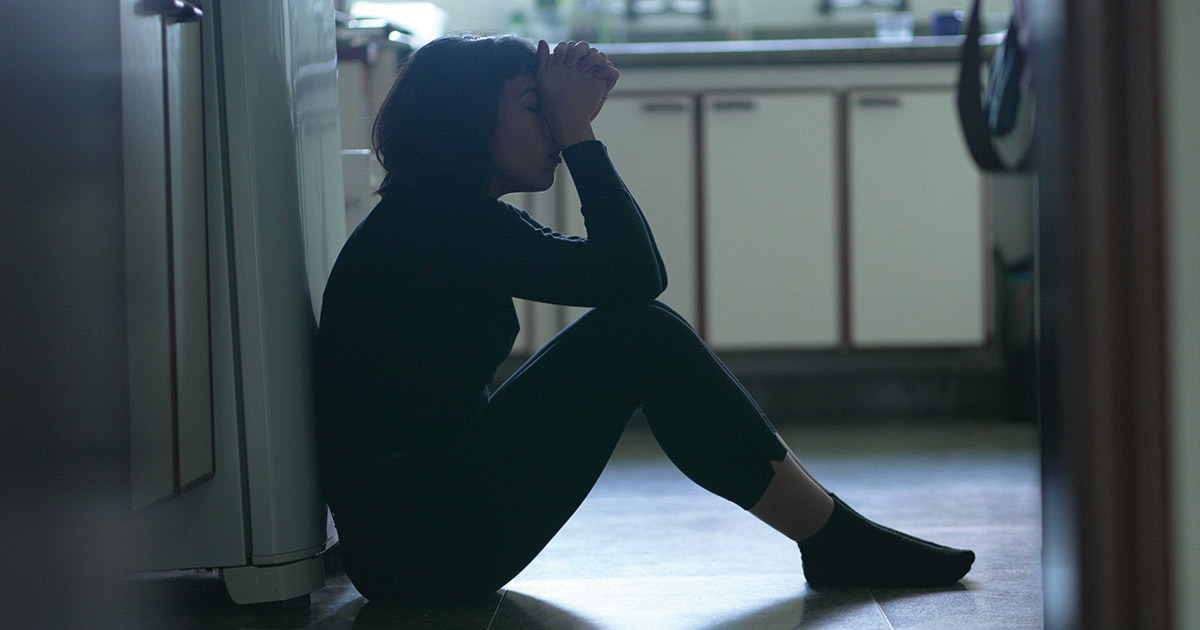The National Domestic Violence Hotline can be reached 24 hours a day, 7 days a week.
call 800-799-7233
or text START to 88788
In 1994, a new federal law was enacted called the Violence Against Women Act (VAWA). This new law was a reaction to the increasing awareness of violent crimes against women with tragic outcomes, including domestic violence, sexual assaults, and stalking incidents. This VAWA was the first of its kind. It created a federal fund of $1.6 billion set aside to go towards the expenses of investigating and prosecuting violent crimes committed against women. It also forced anyone convicted of crimes against women to pay restitution and allowed for civil lawsuits against a perpetrator by a victim when a criminal case was not prosecuted. There were also provisions for violent crime prevention and victims’ services that were made.
At this time the Office on Violence Against Women (OVW) was also formed in the U.S. Department of Justice. The OVW distributes the funds to organizations, government agencies, and universities to help end violence against women. They also help finance programs and policies whose goal is preventing domestic or dating violence and assault. In 2002 the OVW was made a permanent part of the Department of Justice.
The VAWA 2000 removed the civil lawsuit remedy, which was found to be unconstitutional, but specifically added protections for immigrant victims of domestic violence, rape survivors, and victims of dating violence. The VAWA 2000 also added provision to allow domestic violence victims to flee their own jurisdiction and still be able to obtain custody orders elsewhere. VAWA 2000 went on to allow for enforcement of protection orders across state lines.
VAWA 2005 attempted to increase access to services for immigrant women and other underserved communities. It also added culturally specific and training programs.
Part of the VAWA requirements involve “coordinated community response” or CCR, to violence against women. This involves victim advocates, law enforcement, probation officers, corrections officials, prosecutors, judges, health care workers, church leaders, and survivors working together to protect women and prosecute offenders.
VAWA in Immigration Law
VAWA provides a pathway for noncitizens who have been victims of domestic violence to get a green card without relying on their citizen abuser. It allows them to independently petition for themselves for immigrant status without the knowledge or consent of the abuser. You do not have to have legal immigrant status to apply.
The VAWA Immigration program is a “self-petition” and allows domestic violence victims to apply on their own so that they are not forced to remain in a dangerous relationship just to attain immigrant status. While women are referenced in the name, please note that men are also eligible to apply under this program if they meet all of the criteria set forth below.
Eligibility for Applying for VAWA Status
In order to apply for VAWA status, certain criteria must be met, including:
- You are a survivor of domestic violence by a parent, spouse or adult child
- Your abusive relative is a United States citizen or lawful permanent resident of U.S.
- You lived or live with the abusive relative who is a citizen or permanent resident
- You are of good moral character
- You suffered threats, physical or sexual abuse, rape, forced prostitution or labor, forceful detention, financial control, or emotional abuse
- You were abused in the United States OR your abusive relative is employed by the U.S. Armed Forces or government
- You do not have to have legal immigration status to apply for VAWA. You do, however, have to prove that you suffered battery or extreme cruelty at the hands of your abuser.
Benefits of VAWA Petition When Granted
There are many benefits to having a VAWA petition approved, including:
- Deferred action
- Being allowed to live and work in the U.S. legally
- Being allowed to apply for a green card
- Eligibility to receive public benefits if you are the spouse or child of an abuser (such as housing assistance, food assistance, health services, and English language classes)
- If you are an abused spouse, you can add your child to your petition
How to Apply for VAWA Status
- Complete Form I-360
- Provide documentary evidence showing (a) your abuser is a citizen or has legal status, (b) that you were married in good faith (your marriage certificate/divorce decree or birth certificate, wedding ceremony documentation, joint bank statements, etc.), (c) documents proving that you lived together (leases, utility bills, bank statements, tax filings, etc.), and (d) evidence of abuse (police records, court records, health or therapy records, or social agency records, photographs, text messages, letters from friends, etc.).
- Get a background check and police clearance.
- Attach a personal statement — an affidavit, or a sworn statement, telling your story in your own words.
- Mail the forms to the USCIS Nebraska Service Center. Note: If you do not feel safe receiving mail at your home address, there are address confidentiality programs you can utilize by searching the Victim Connect Resource Map and finding your state.
After You File
You will receive a receipt notice when the USCIS receives your application to let you know and advise you of how to check on status. After they review your application, they may request more information or schedule a biometrics appointment where they will get your photograph, fingerprints, and signature. After this, they will mail you their decision.
Why Apply for VAWA Instead of a U Visa?
A U Visa is a nonimmigrant visa for victims of certain crimes who suffered significant abuse. There are limits to how many are granted in a year, and recipients are obliged to help law enforcement in their investigation as a condition of the visa. Conversely, there are no limits to the amount of VAWA applications that may be granted in a year.
After VAWA Approval
You can apply for a work permit or green card. A work permit is called an Employment Authorization Document (EAD). If you answer “Yes” to Part 10 of your Form I-360, you will be automatically sent an EAD card upon approval of your application. If you did not do this, you can apply separately for this work permit after you receive approval of your application.
You can also file for a Green Card at the same time as you apply for VAWA status if you meet all of the eligibility requirements for adjustment of status at that time. If you did not apply at the same time as you applied for VAWA status, you can apply separately after your application is approved. The Green Card form is a different one that requires fees. Currently, there are no USCIS filing fees required for any forms associated with a VAWA application.
It is best to have a lawyer helping you with this process in order to determine when is the best time to apply for your Green Card. An approved Green Card usually means you will be eligible for citizenship after 5 years and can sponsor family members to come to the U.S.
FAQs about VAWA Petitions
Can I apply for VAWA if I am in removal proceedings?
You may be eligible to apply for deferred action through VAWA if you are already in immigration court proceedings. This is a different process, however, and you should retain an immigration attorney to help guide you through this process.
How long does the VAWA process take?
VAWA cases take an average of 3 years to process.
What should I do if my case is denied?
In the event your case is denied, you have 33 days to appeal. It may be a good idea to have an immigration attorney help you in this situation. They will be able to help you with your appeal and to determine whether you should apply for another type of status or visa in the meantime.
Can I travel with a VAWA visa?
You should not travel outside of the United States while you have a case pending. If you do get approved, you can apply for advanced parole to travel outside of the United States. There is always a risk of being denied re-entry upon your return. Please seek legal advice about this.
The Importance of Hiring an Immigration Lawyer
Navigating the immigration process can be overwhelming and confusing. Mistakes can set your paperwork back for months, if not more. An experienced immigration lawyer can make all the difference. They know the paperwork required regardless of your particular circumstances and understand what the USCIS is looking for during interviews. In the event of any denials, your immigration attorney can step in as your advocate and dispute the denial as well as correct any issues and get you back on track to obtaining your green card or citizenship.
The experienced team of immigration law professionals at Siri & Glimstad understands the importance of this process and has the tools and knowledge to guide you through it as efficiently as possible. At Siri & Glimstad LLP, we have represented hundreds of clients in citizenship proceedings. Our motto is simple: Dedication, Efficiency, and Commitment to the end goal.
We also handle other types of immigration cases, including:
- Adjustment of status cases with and without vaccine waiver
- Consular cases with vaccine waiver
- Business immigration – Religious visa, PERM, TN visa
- Asylum
- Removal of conditions of permanent residence
If you or a loved one need help with any issues concerning immigration, please contact us by filling out the form linked here or call us directly at 212-532-1091. Hablamos español.





